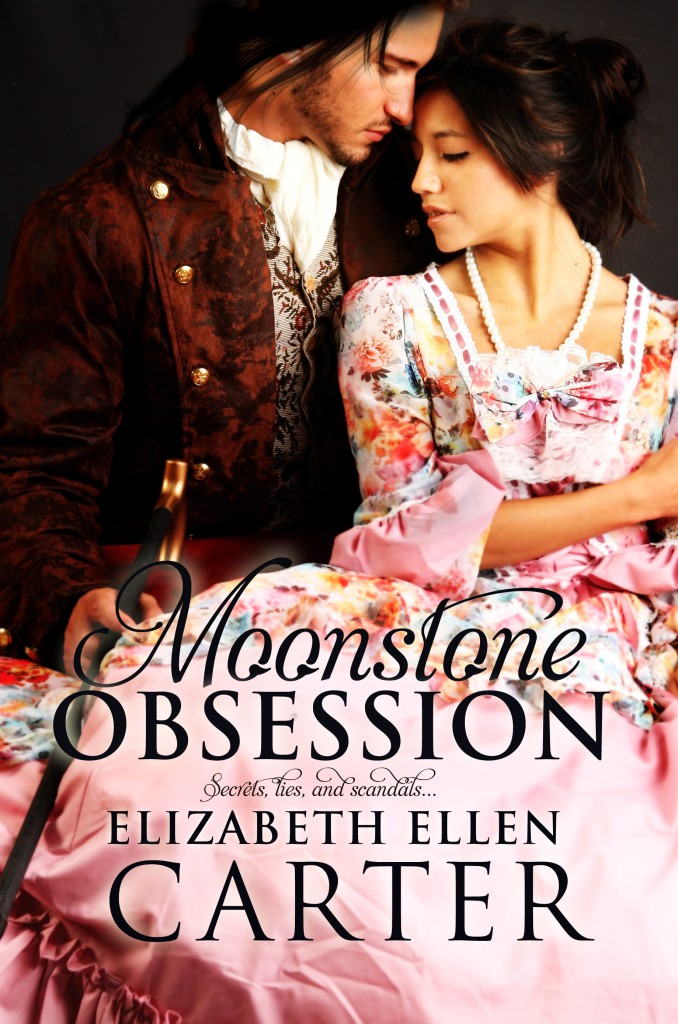
Shut up shouty person. Stop neutering our language with non-gendered terms
There is a reason why I don’t often browse through Salon.com. Since feminist author Camille Paglia stopped writing a regular column for them in the early 2000s, it hasn’t quite been the same.
What was an interesting online magazine has become like that crazy person you end up alongside at a party spouting lunatic fringe conspiracy theories while you nod politely and look over their shoulder looking for ways you can make a polite exit.
Often I can bypass the lunacy on Salon with a roll of the eyes but after my attention was drawn to this article, I couldn’t remain silent. It’s called Let’s call everyone “they”: Gender-neutral language should be the norm, not the exception.
It is so hard to distinguish words from their potentially sexist intentions or applications because sexism necessarily pervades our language. It is literally impossible to say what, exactly, it is that many of us are “trying to say.”
Got it?
One of the things which separates humans from the rest of the animal kingdom is our ability to use language (both verbal and written) to communicate ideas and intangible concepts.
Language developed to be precise.
A tree may mean something different to you than it does to me, but if I describe a mighty Moreton Bay fig – it’s buttressed trunk supporting wide and sweeping limbs from which thin aerial roots descend. The glossy green leaves spread in a magnificent canopy, providing welcome summer shade – then you have a better understanding of what I am thinking when I say tree, even if you’ve never seen the tree!
As an author and as a romance writer, I write about the relationships between men and women and the journey to their happy ever after. It is very specifically gendered – male and female to be precise – but according to the author of the Salon that is extremely problematic, but fear not, our social justice warrior has the answer:
If the singular they is not prohibitively confusing, it’s unclear why its use ought to be limited to cases where the subject’s gender identity doesn’t fit neatly into a binary. Instead, we ought to revert to the gender neutral “they” whenever gender is not explicitly relevant.
Sadly, the writer doesn’t provide rules as to when references to gender is not explicitly relevant.
I would suggest that references to gender are almost always explicitly relevant.
The singular ‘they’ is grammatical laziness that every writer and speaker should reject, roundly mock and resolutely ignore.
Communication of ideas, our depth of understanding of our world, and the wonderful people who inhabit it, is too important to pander to regressive political correctness.
If you want an idea how ridiculous the concept of ‘de-gendering’ language is in execution, I’ll leave you with this with no pride and a great deal of prejudice:
It is a truth universally acknowledged, that a single person in possession of a good fortune, must be in want of a spouse.
However little known the feelings or views of such a person may be on their first entering a neighbourhood, this truth is so well fixed in the minds of the surrounding families, that they is considered the rightful property of some one or other of their children.
“My dear Bennet,” said their spouse to they one day, “have you heard that Netherfield Park is let at last?”
Let’s use ‘they’ when we mean he or she?
Let’s not.
Update: Soon after writing this post, I was interviewed by the wonderful Luke & Susie, whose podcast is syndicated across radio stations in Australia.


